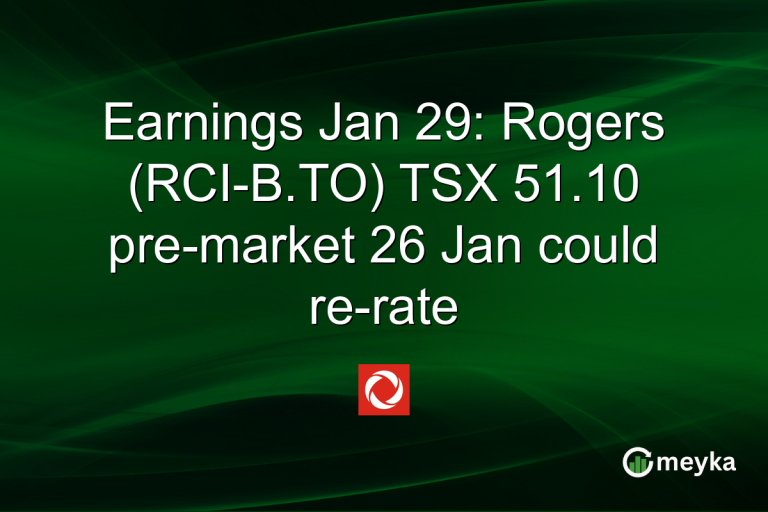Japan Property Tax News Today: Fixed Asset Tax Changes Drive Market Uncertainty
Japan is under the spotlight as discussions around its fixed asset tax, known locally as 固定資産税, gain momentum. Recently announced changes to the property tax structure are creating a buzz among homeowners and real estate investors. This move comes as the government aims to adjust tax thresholds and rates, potentially reshaping the landscape of Japanese real estate. Understanding these transitions is essential for anyone invested in or considering Japan’s property market.
Rationale Behind the Fixed Asset Tax Changes
Japan’s latest review of its property tax laws reflects a strategic response to evolving economic pressures. With a focus on enhancing fiscal stability, the government aims to redefine how fixed asset taxes are applied. Recent reports indicate that these adjustments are designed to ensure sustainable urban development and redistribute tax burdens more equitably.
This recalibration is viewed as part of Japan’s broader fiscal policy adjustments aimed at addressing demographic challenges and stimulating economic growth. The changes could help manage urban expansion and promote efficient land use in densely populated areas.
Impact on the Real Estate Market
The proposed property tax changes could have significant implications for Japan’s real estate market. Analysts predict that the heightened tax rates might deter speculative investments and affect property values in certain high-demand areas. However, it could also lead to more diversified investment opportunities.
Homeowners may face increased financial pressure, requiring strategic planning to manage higher tax liabilities. For investors, particularly those focusing on long-term gains, the shifts could present new entry points in less affected regions. These dynamics underscore the importance of market vigilance.
Investor Sentiment and Market Reactions
Investor sentiment towards the Japanese property market is mixed amidst the looming tax changes. Some perceive the adjustments as necessary for maintaining market health, though others worry about broader economic impacts. The proposed changes have already led to increased discussions online, with various forums, including Reuters noting an uptick in inquiries about tax implications.
Despite the uncertainties, market fundamentals remain strong. Investors are advised to stay informed and flexible, adapting strategies to align with changing regulations.
Final Thoughts
In conclusion, Japan’s fixed asset tax changes for 2025 stand as a pivotal moment for the country’s real estate market. As the government reviews tax policies, investors and homeowners face a period of adjustment. While the changes could deter speculative activities, they also promise new investment avenues and a more balanced urban development landscape. Staying informed and agile is key to navigating these transitions. Platforms like Meyka offer crucial, real-time insights and predictive analytics to support informed decision-making in this evolving scenario.
FAQs
The key changes involve adjustments to fixed asset tax rates and thresholds. These are aimed at promoting sustainable development and redistributing tax burdens more equitably across different property types.
Investors could see shifts in property values and market attractiveness. While some regions may face higher pressures, opportunities may arise in less impacted areas, especially for long-term investments.
Homeowners should review their current tax liabilities and consider consulting financial advisors. Planning for potential increases in tax obligations will be essential for managing personal finances effectively.
Disclaimer:
This is for information only, not financial advice. Always do your research.





